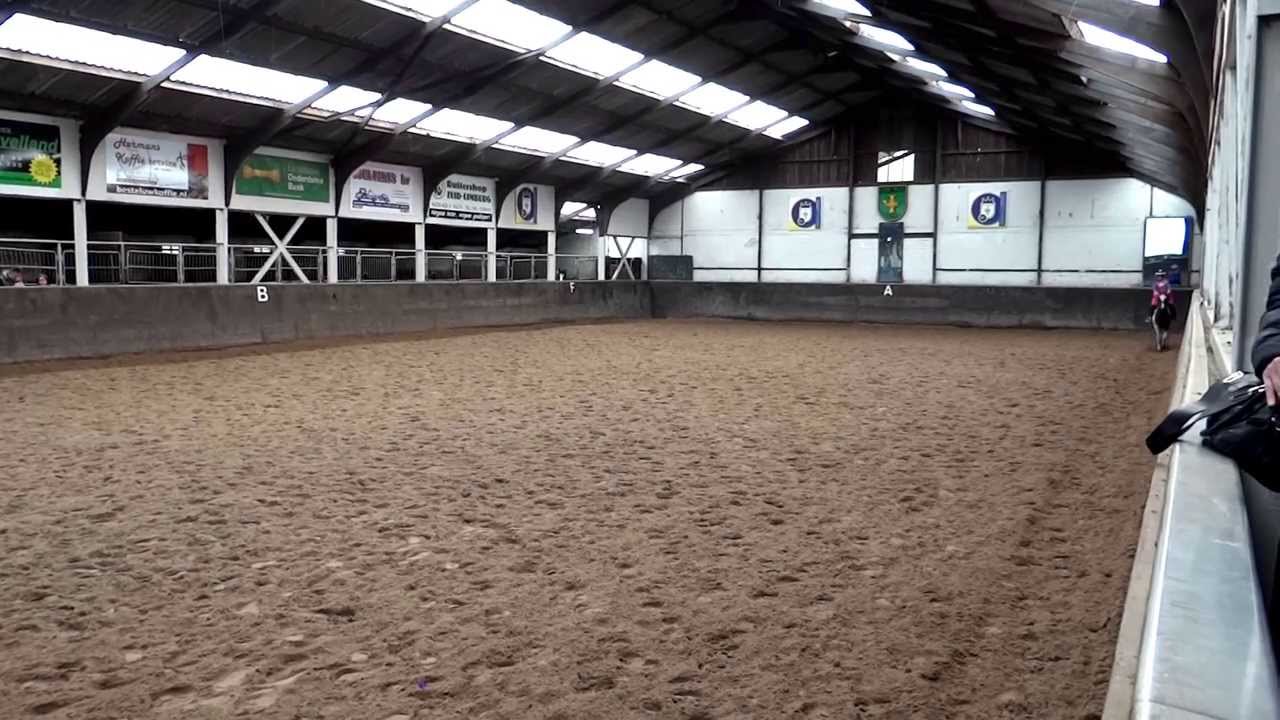A nine-year-old girl has started a fundraiser to help support her local riding school, which has been forced to rely on public donations to survive.Chestnut Stables near King’s Lynn in Norfolk UK could face having to put down 17 of its 20 ponies — who could not be ethically sold or rehomed — if it has to close because of loss of income.
After hearing about the business’s plight, Indie Whyman-Naveh from Sandringham told her mother Hannah she wanted to help
.“She had been following Captain Sir Tom Moore’s story and she was devastated when he died and said she wanted to do something like he had,” Hannah told H&H.
“I told her it might be hard to come up with ideas because of lockdown as we live on a farm with no facilities and we have no real hacking as such on the estate. She went away and thought about it and decided to ride for 30 mins every day for 30 days.”
Indie’s Just Giving page had a target of £500 but had raised over £1.300 within days of her starting her challenge.
She is riding her Welsh pony Paddy, who she uses for Pony Club activities, and Shetland Barry, who was formerly ridden by Frankie Dettori’s son Rocco and whom she hopes to ride in Shetland Pony Grand National races.
“My girls have been lucky to have a horsey mum who can teach them and their own ponies, so haven’t had to use a riding school but I did,” said Hannah, a children’s author. “I grew up with it and had to work my way up and if we lose our riding schools, which are accessible to so many people, it would be a really sad day.
“My best friends ran a riding school and they were devastated when they had to give it up a few years ago because the overheads were huge with rent, rates and insurance, vet inspections and upkeep. It was already difficult before the pandemic. I just hope other people will take notice and help their local riding schools out as well.
”Like many other riding schools across the country, Chestnut Stables was able to weather last year’s lockdowns with contingency funds and by turning the horses away.
But with their grazing reduced from the extra use last year, as well as recent flooding, costs are spiralling and there is little money left in reserve.
“Other businesses can furlough staff but we can’t because our staff are our horses,” said stables director Hayley Read, who has established the business over 30 years.
“Since the changes to riding school licensing came in a couple of years ago, you have to have a contingency plan if the business collapses — and now our contingency plan is to put the horses to sleep.
“There’s money there to do that and when the money gets that low, then that’s what happens. Let’s say I don’t sleep too well at the moment.”
Hayley explained that when the business’s contingency plans were drawn up, she had imagined needing to set a pot of money aside for a breakout of “flu or strangles”.
“I thought it would be something like that which might take us to the edge, not a human pandemic.”
She added that the Government seems to be overlooking that riding schools “still have mouths to feed”. While negligible help is available, rules are still being enforced with no recognition of the struggle businesses are facing.
“Even though we can’t open, we have been told we still need to have all the ponies vetted for our licensing and pay for that,” she said. “They also insist that all the buildings and fencing need to be maintained even if they are not being used. The infrastructure has to be kept to a certain standard.”
Unlike a number of yards that have other liveries or working liveries, Chestnut Stables has functioned as a horse rescue with ponies being rehabilitated and used for lessons. A number of ponies at the site are not used for teaching, including some elderly residents, who would have no future should the riding school close.
“We have a lot of horses that don’t suit private homes – there are some that won’t load or travel and we have one pony that came to us as a last chance as it used to continually escape from its field and kept getting on to the road. We can manage him as we have a herd and are quite remote, but he couldn’t live at a normal livery yard.
“Others have been given to us on the understanding that they won’t go anywhere else and would be put to sleep rather than passed from pillar to post,” she said. “Usually I can offer a home to people that are trying to rehome a pony because they are struggling but I have had to put a stop to that as well and I have had more requests than usual.”
While the ponies have hay in the barn and “in their bellies”, the costs of upkeep do not stop, and over half-term they have had to see the farrier and the dentist while a large percentage are due their vaccinations next month.
“It’s only because of the public that we are surviving, money is trickling in and people’s response has been heartwarming,” Hayley added.
Source: Horse and Hound



